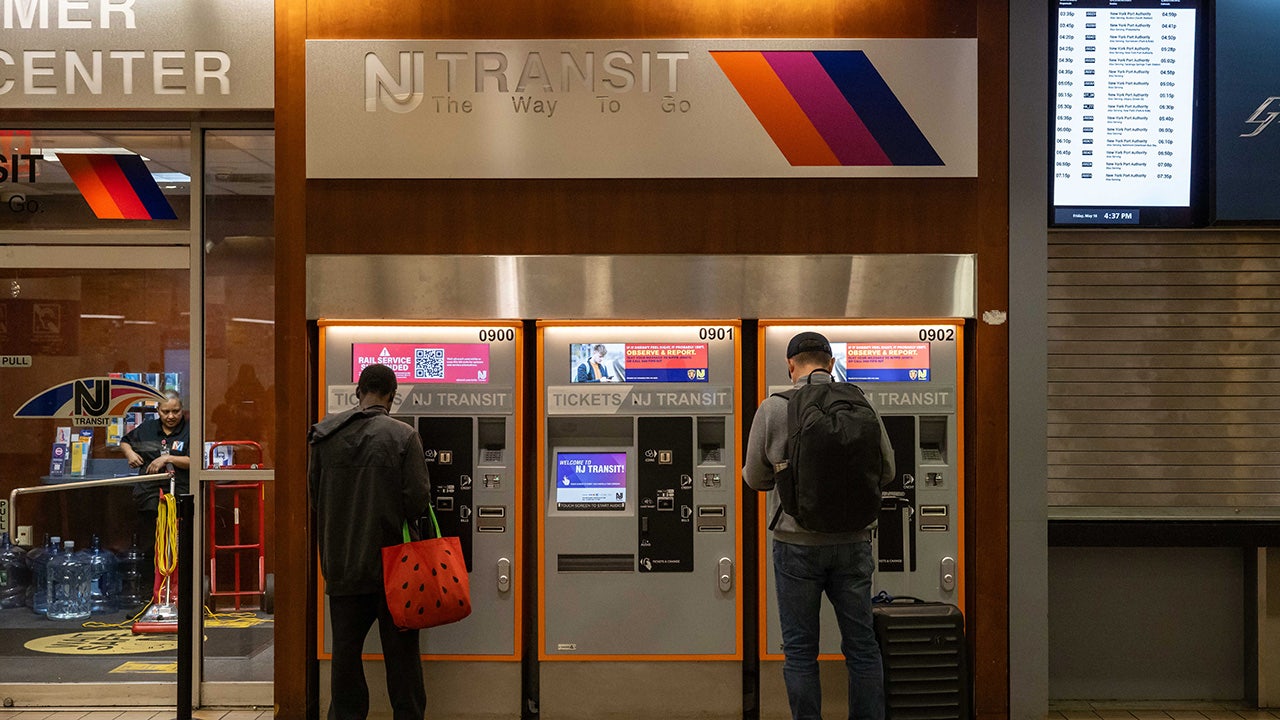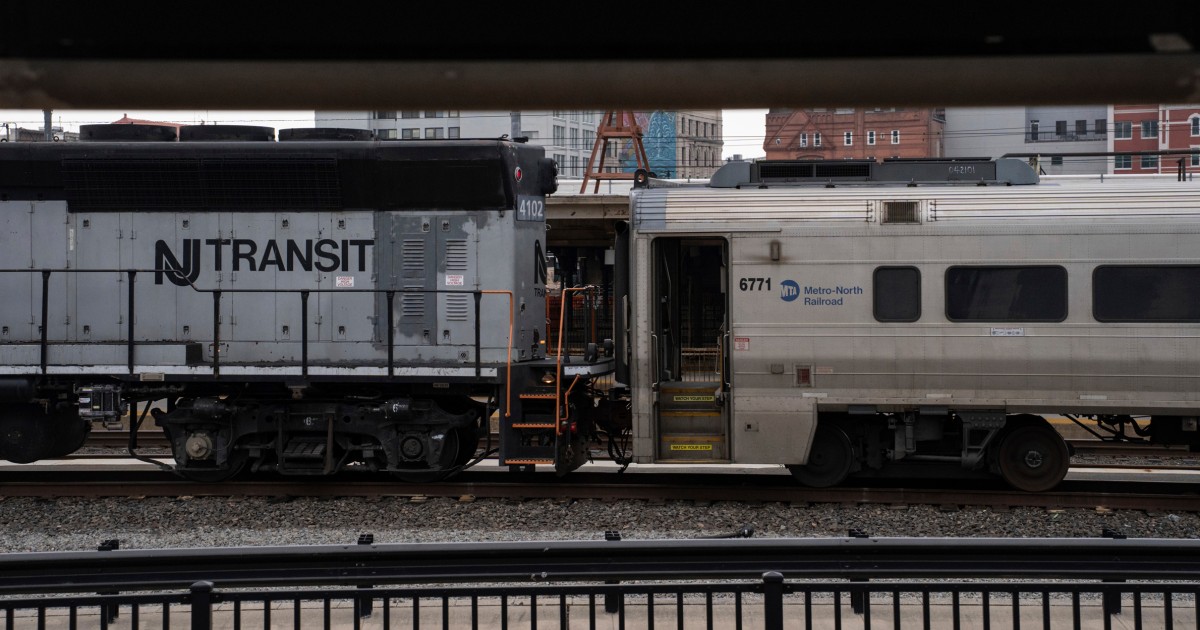New Jersey Transit Strike Comes to an End with Tentative Wage Agreement
A tentative deal has ended a three-day strike by NJ Transit engineers, improving pay for 450 engineers while restoring service for over 100,000 daily riders.
Subscribe to unlock this story
We really don't like cutting you off, but you've reached your monthly limit. At just $5/month, subscriptions are how we keep this project going. Start your free 7-day trial today!
Get StartedHave an account? Sign in
Overview
New Jersey Transit engineers reached a tentative agreement, ending a historic three-day strike—the longest in over 40 years—causing major disruptions for 350,000 passengers. The deal addresses wage concerns without causing budget issues for the agency. Train services are set to resume Tuesday, following necessary inspections. Governor Murphy praised the agreement as fair and fiscally responsible, while urging employees to work from home on Monday to facilitate the return of essential personnel. The union's members will vote on the agreement soon.
Report issue

Read both sides in 5 minutes each day
Analysis
- A tentative agreement has been reached between NJ Transit and the engineers' union to end a three-day strike, allowing train service to resume for over 350,000 passengers.
- The main issue of negotiation was wage increases for the engineers, who have been seeking to align their pay with that of workers at competitive rail companies such as Amtrak.
- Governor Murphy and NJ Transit officials expressed hopes for the ratification of the agreement, emphasizing its fairness to both workers and taxpayers.
Articles (7)
Center (4)
FAQ
The main cause of the NJ Transit strike was the wage dispute between the engineers' union and NJ Transit. The union sought a wage increase without causing financial strain on the agency.
The NJ Transit strike began on Friday and ended with a tentative agreement reached over the weekend, with service resuming on Tuesday.
After the strike, rail service is expected to resume on Tuesday following necessary inspections of tracks and rail cars. On Monday, service will operate under contingency plans, with riders encouraged to work from home to facilitate the return of essential personnel.
The strike impacted over 100,000 daily riders who rely on NJ Transit, causing significant disruptions.
History
- This story does not have any previous versions.



